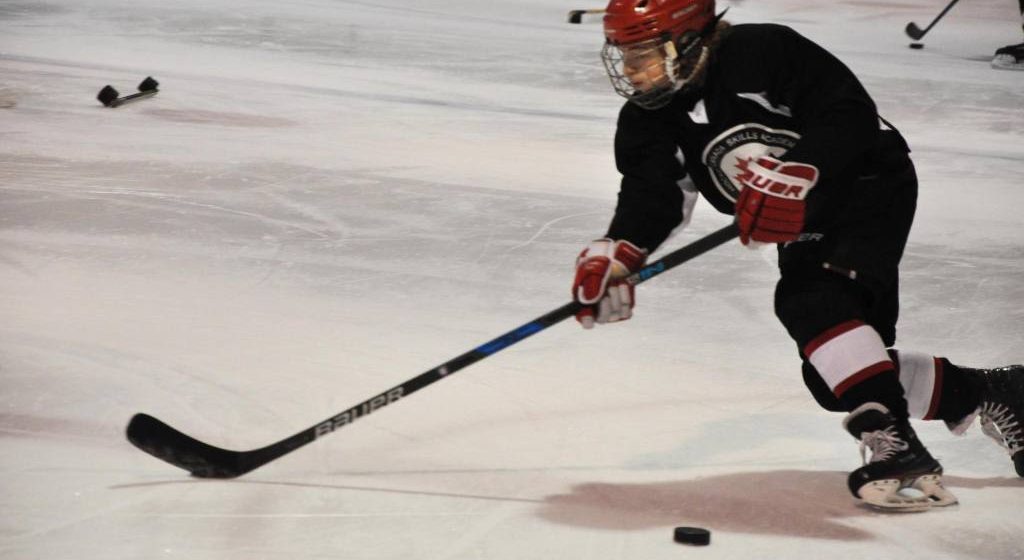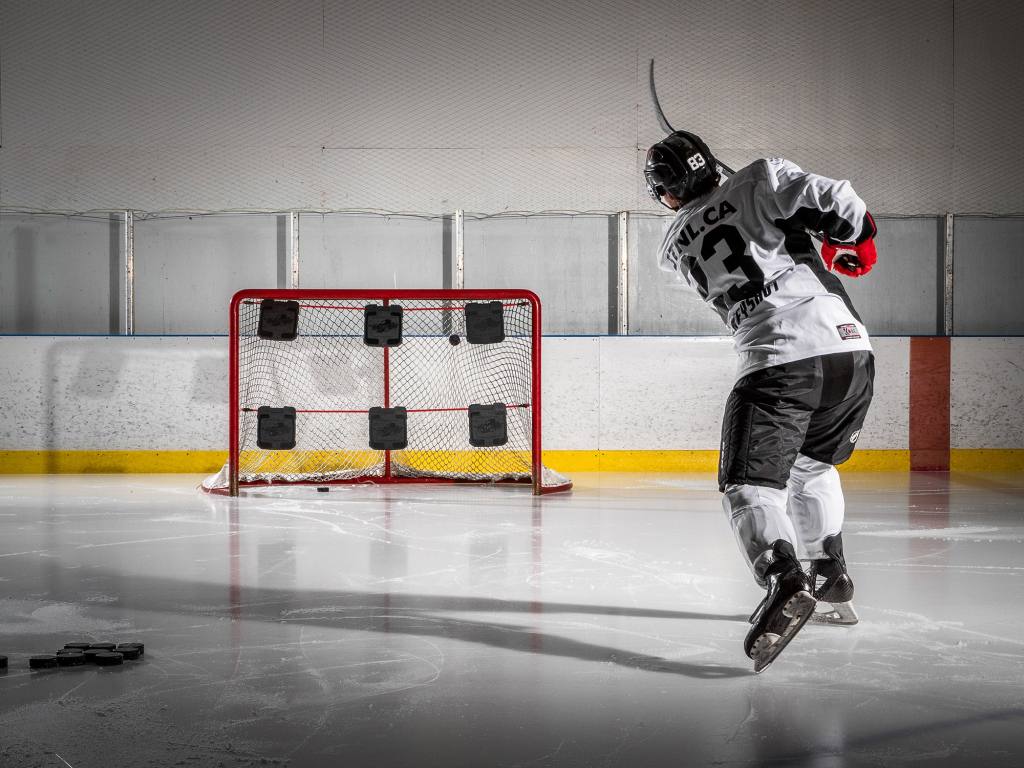Hockey is a dynamic and exciting sport that combines speed, skill, and strategy. For beginners, the game can seem overwhelming with its fast pace and complex movements. However, mastering a few fundamental skills can set the foundation for a successful and enjoyable hockey experience. Whether you’re stepping onto the ice for the first time or looking to refine your game, understanding and practicing these essential hockey skills is crucial. This guide will walk you through the core abilities every hockey player should develop to enhance their performance and confidence on the ice.
Skating Fundamentals
Skating is the cornerstone of hockey, and strong skating skills are essential for any player. To begin, focus on mastering the basic skating techniques, including forward strides, backward skating, and stopping. Forward strides involve a smooth, powerful push off each skate, while maintaining a low, balanced stance. This helps in gaining speed and maneuvering around opponents effectively.
Backward skating is just as important, allowing players to maintain defensive positions and transition quickly. Practice skating backward in a straight line and then incorporate turns to improve agility. Stopping, or “hockey stops,” involves a quick, controlled slide on one edge of the skate to come to a complete halt. Mastering these basic skating techniques will provide a solid foundation for more advanced movements and maneuvers on the ice.

Stickhandling Techniques
Stickhandling is a key skill that involves controlling the puck with your stick while skating. It is essential for maintaining possession, evading opponents, and setting up plays. Start by practicing simple puck control drills. Place the puck in front of you and use the blade of your stick to gently maneuver it from side to side. Focus on keeping the puck close to your body and maintaining a low, balanced stance.
As you become more comfortable, incorporate movement into your stickhandling practice. Skate while controlling the puck, and work on performing quick, precise turns. Advanced stickhandling techniques include dekes and fakes, which involve sudden changes in direction to deceive defenders. Developing strong stickhandling skills will enhance your ability to control the puck and make effective plays during games.
Passing and Shooting
Passing and shooting are fundamental offensive skills that can greatly impact a game. For passing, focus on accuracy and timing. Practice both forehand and backhand passes with a partner or against a wall. Aim for a smooth, controlled release of the puck, and work on receiving passes with a soft touch to ensure better control.
Shooting skills involve developing power and accuracy. Start with basic wrist shots, which are effective for quick, precise shots on goal. Practice shooting from different angles and distances to improve your accuracy and consistency. Incorporate slap shots and snap shots as you progress, focusing on proper technique and follow-through. Consistent practice in passing and shooting will make you a more versatile and effective player on the ice.
Defensive Skills
Defensive skills are crucial for protecting your own goal and disrupting the opposing team’s plays. Key defensive skills include positioning, angling, and checking. Proper positioning involves staying between your opponent and the goal, while maintaining a low, balanced stance to react quickly. Angling is the technique of guiding an opponent toward the boards or away from the net, limiting their options and opportunities.
Checking, or body contact, is an important defensive skill that should be used with control and precision. Practice body checking in a safe, controlled environment to develop proper technique and avoid injuries. Additionally, work on poke checking and stick checking to disrupt your opponent’s puck control without making direct contact. Mastering these defensive skills will enhance your ability to contribute to your team’s overall defensive efforts.
Conclusion
Mastering the basics of hockey is essential for any beginner looking to excel in the sport. By focusing on fundamental skills such as skating, stickhandling, passing, shooting, and defensive techniques, players can build a strong foundation for their hockey development. Consistent practice and dedication to these core abilities will improve your overall performance and confidence on the ice. Remember, hockey is not only about individual skills but also about teamwork and strategy. Embrace the learning process, stay motivated, and enjoy the journey of becoming a skilled hockey player.

